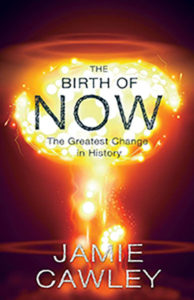
The ‘Industrial Revolution’ resulted in the greatest change in human history. Before it, for thousands of years, the vast majority of mankind had lived in a simple poverty that became real hunger in bad years. After it, hunger became vanishingly rare in the areas that it affected. So deep and wide were its effects, and on so much more than industry, that we can call the change the birth of a new era, ‘Now’.
The technology of the Roman Empire or the Chinese Song Dynasty, or even ancient Babylon was further advanced than that of Georgian Britain in 1700. So why didn’t the change happen then?
We find out what triggered it after 1760 in Britain, north Ireland and the Southern Netherlands (Wallonia) and how it worked through to create non-stop change
This changes our vision of the future, suggests when change will stop and what happens then.
Egyptian ships of 2500BCE were made of wood and driven by the wind, with slave-powered oars for when the wind failed. 4,300 years later, British ships of 1800 were made of wood and driven by the wind, manned by sailors who were, in part, seized by the ‘press gang’ against their will. One hundred years later, HMS Dreadnought, was steam-turbine powered, steel-hulled, with hydraulic turrets mounting giant guns with a range of over 10 miles. Far more change in 100 years than in the previous 4,000 and this can be repeated in example after example. It is very strange that the reason for this change, obviously the most important in history, is so little known.
Empires had come and gone for thousands of year and civilisations, too. But until the Birth of Now, every period of prosperity was followed by a dark age. Famine and war and plague were the constants. We find out why the great blockage to human development was lifted for a short period in North West Europe. But change still needed a trigger and we look at all the possible causes for the change that happened – Enlightenment, technology, trade, empire, geography and more until we find the single main cause of the birth of Now.
The effect was astonishing. During a single lifetime, lives were transformed – not only by technology but by the invention of novels and sports and professions and exams and the complexity of the modern world.
We see how this changes continues to work, what effects it has as it consumes so much and speculate when it will end – probably in the lifetime of our children – and what the world will them become…

